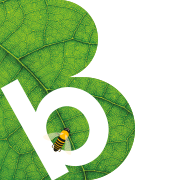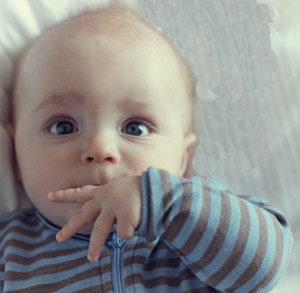 Toothy Pegs
Toothy Pegs
Caring for your baby’s new teeth
Did you know that your baby’s teeth start to develop while she is still in the womb? The first little tiny buds that will be teeth appear from as early as six weeks after conception. However, they don’t start to appear through your baby’s gums until they are around four to six months old.
How will I know when my baby’s teething?
There are several signs that your baby’s teeth are starting to break through the gums;
- Red cheeks (sometimes just on one side)
- Dribbling more than usual
- Irritable
- Not sleeping well
- Chewing
- Nappy rash
- High temperature
Some of these symptoms can be mistaken for other health problems but what’s important is that you don’t ignore any of these signs; if you think your baby may be unwell, don’t put it down to ‘just teething’. If in any doubt, call your doctor.
How long does teething go on for?
Each tooth takes a while to come through. Some pop through with seemingly little fuss while others can cause great pain and distress. They should all have appeared by your child’s third birthday but don’t worry if your child seems to be before or behind others her age; all babies are different.
How can I help my baby with the pain and discomfort of teething?
Every baby is different, so use a little trial and error to discover what helps. There are teething rings and toys available and some can be cooled in the fridge, which may help with the discomfort. Keep one in the fridge, one sterilising and one that baby is using. Cool fruit and vegetables or pieces of toast are also quite good after six months of age; make sure you are with your baby at all times. And sugar-free teething gel and a painkilling liquid suitable for babies may also be used. Make sure you follow the instructions.
How do I care for my baby’s teeth?
It’s important to establish a good tooth brushing routine from very early on. Get a finger brush or baby toothbrush and gently rub around the gums even just before the first tooth comes. Try brushing together – babies love to mimic and this makes a chore more fun!
Do I use toothpaste?
There is lots of conflicting advice about this, with some dentists recommending a pea-sized blob of ordinary, adult toothpaste, some saying you should only use a children’s formula and others saying an organic paste or none at all is best. Flouride is another confusing issue – should you use a flouride toothpaste if the water in your area is fluoridated?
It’s best to discuss this with your dentist while your baby is very young to get the right advice.

 Toothy Pegs
Toothy Pegs